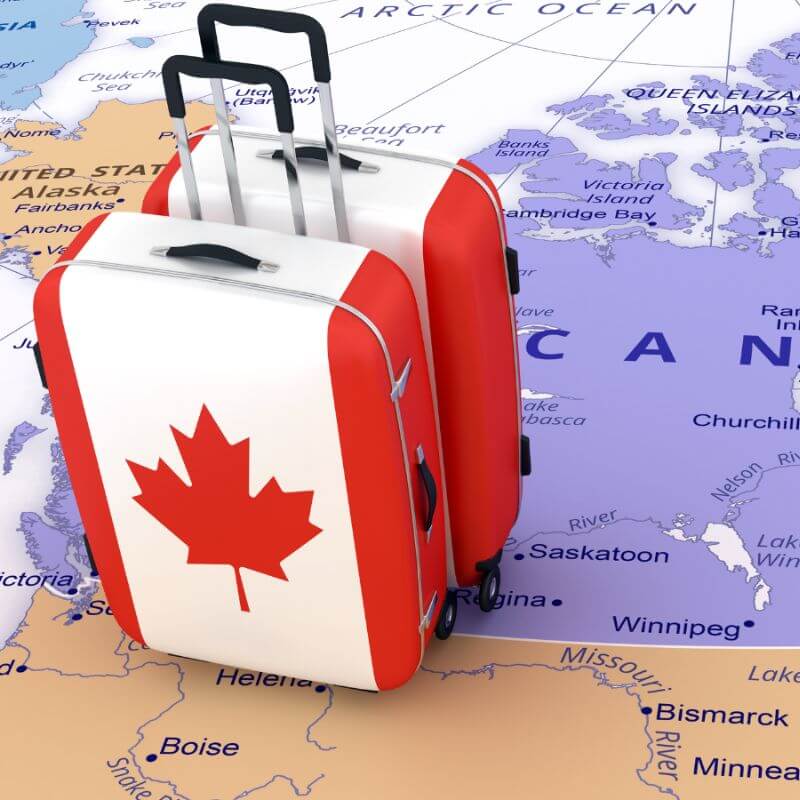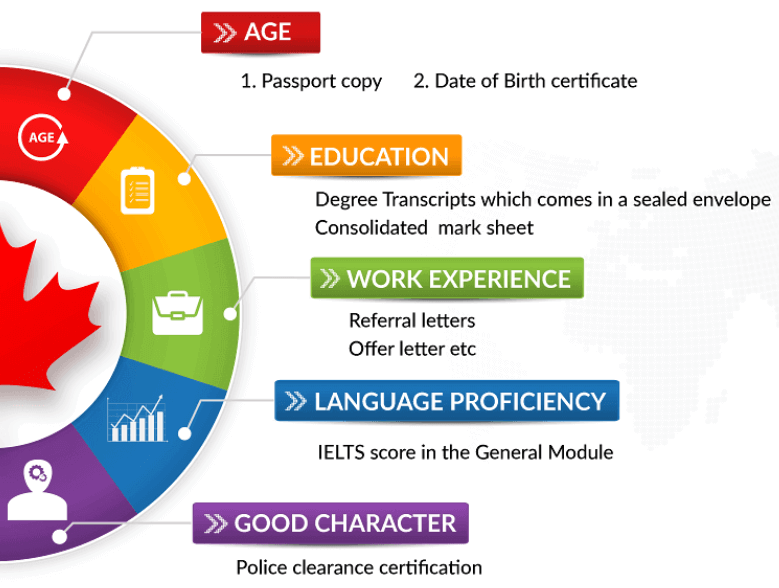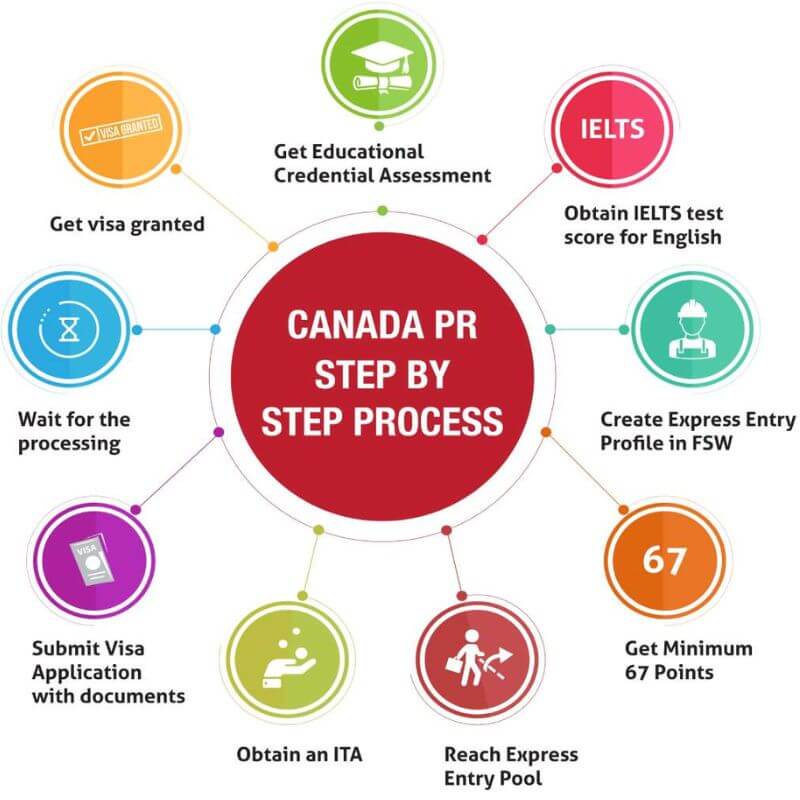Why Migrate to Canada from India?
1. Immigration Programs:
Canada offers various immigration programs catering to different needs, such as Express Entry, Provincial Nominee Programs (PNPs), and family sponsorships. Understanding these programs is crucial in determining the most suitable route for your migration.
2. Quality of Life:
Canada consistently ranks high in global quality of life indexes. With excellent healthcare, education, and social benefits, it provides a stable environment for personal and professional growth.
3. Job Opportunities:
The Canadian job market is diverse, offering opportunities in various industries. Research the job market in your field and explore potential employers to ease your integration into the workforce.
4. Cultural Diversity:
Canada is known for its cultural diversity and inclusivity. Embracing multiculturalism, it provides a welcoming environment for newcomers, making the transition smoother.
Steps to Migrate from India to Canada:
1. Research and Planning:
Begin by researching the immigration programs and understanding the eligibility criteria. Seek guidance from reputable immigration consultants for personalized advice.
2. Documentation:
Gather and organize all necessary documents required for your chosen immigration program. This may include educational certificates, work experience records, and language proficiency test results.
3. Language Proficiency:
English and French are the official languages of Canada. Most immigration programs require language proficiency tests such as IELTS or CELPIP. Prepare and take these tests to demonstrate your language skills.
4. Express Entry Profile:
If applying through the Express Entry system, create a comprehensive profile highlighting your skills, education, and work experience. The Comprehensive Ranking System (CRS) will assess your eligibility.
5. Job Search and Networking:
Research potential job opportunities and start networking with professionals in your field. Job offers or provincial nominations can significantly boost your immigration chances.
6. Submit Application:
Once everything is in order, submit your application through the chosen immigration program. Monitor the application status and respond promptly to any requests for additional information.
7. Prepare for Arrival:
Plan your arrival in Canada by arranging accommodation, understanding the local services, and familiarizing yourself with the culture.
8. Embrace the New Beginning:
As you embark on this exciting journey, be open to new experiences and embrace the opportunities that Canada has to offer. Connect with local communities to build a support network.
In conclusion, migrating to Canada from India is a transformative step that requires careful planning and execution. By following these steps and staying informed, you can enhance your chances of a successful and smooth migration experience. Best of luck on your journey to Canada!



